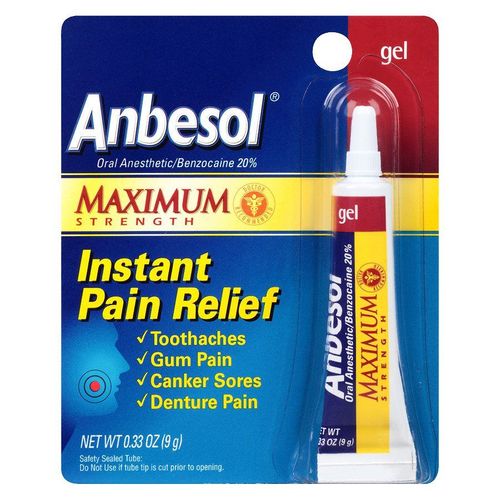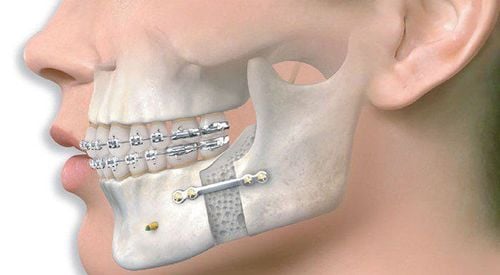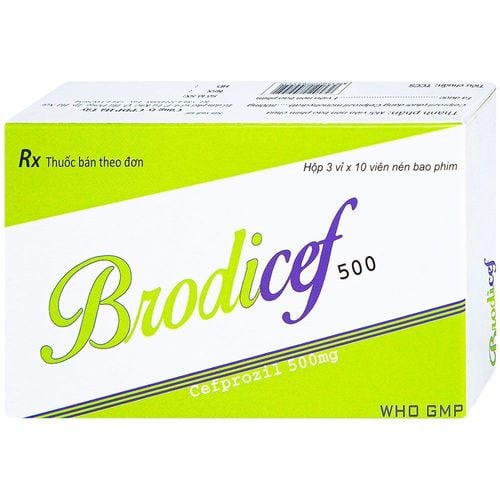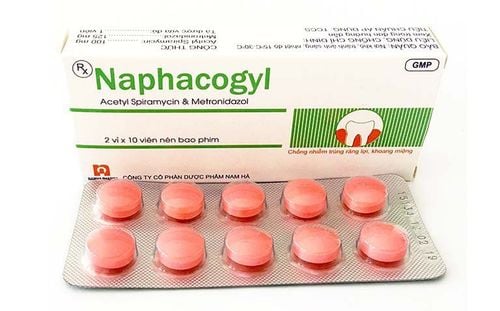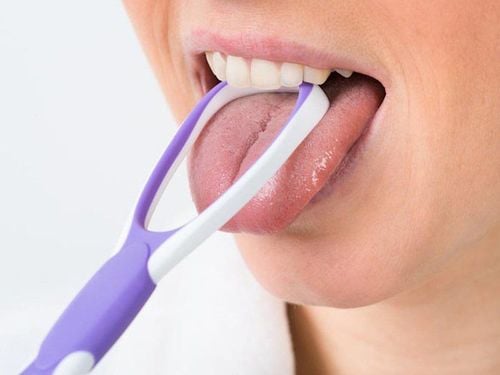This is an automatically translated article.
The article is professionally consulted by Specialist Doctor II Nguyen Khanh Nam - Doctor of Odonto-Stomatology - Department of General Surgery - Vinmec Nha Trang International General Hospital.
Improper oral hygiene can lead to dental problems including tartar, also known as tartar. Periodic dental examination and tartar removal every 3-6 months.
1. What is tartar?
Tartar, also known as tartar, is plaque that is accumulated and calcified by inorganic salt compounds in saliva and soft deposits (which can be food debris or minerals in the mouth, etc.). ..) gradually becomes hard, firmly attached to the tooth surface or under the gum line.Tartar is divided into 2 types:
Tartar is usually indicated in the definition. Serum tartar is a type of tartar that when tartar often causes gingivitis, in that inflammatory area will secrete inflammatory fluid and cause bleeding, blood will soak into tartar, often creating a reddish brown color.
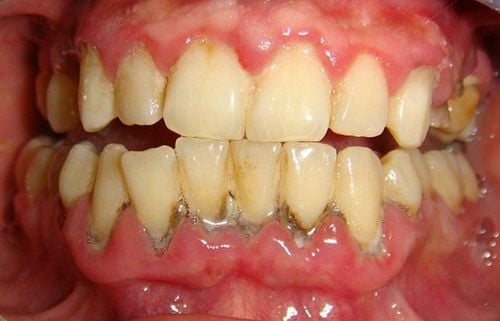
2. Harm of tartar
When tartar adheres to the surface of the teeth, it will cause loss of aesthetics, bad breath and hinder oral hygiene.Besides, on the surface of tartar there are always bacteria. Bacteria will ferment sugars in food to produce acids that can damage tooth enamel and cause tooth decay. Bacteria in tartar will cause irritation and persist to the gums:
At a mild level is gingivitis: swollen, red, bleeding gums... Gingivitis can be restored if tartar is removed. remove and maintain proper oral hygiene. More dangerous if gingivitis is not treated, tartar will form more and persist, which can lead to periodontitis. The body's immune system then releases chemicals to fight bacteria and their products. This not only affects the bones, but also makes the periodontal tissues that support and stabilize the teeth on the jaws weakened, unable to hold the teeth, leading to loose teeth leading to tooth loss. In addition, bacteria are also the cause of dangerous diseases such as retrograde myelitis along with diseases of the oral mucosa: oral mucositis, mouth sores, tonsillitis, pharyngitis...
3. How not to get tartar?
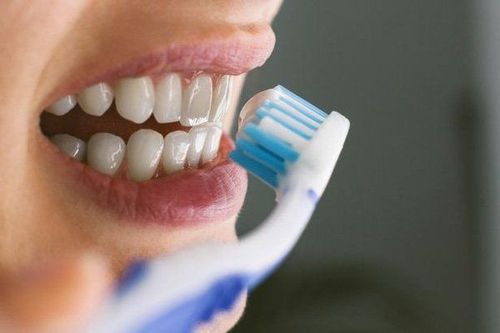
Brush teeth properly with the use of fluoride toothpaste, or can soak in mouthwash or diluted salt water . When food particles are left in the interdental areas, floss should be used to remove bacterial plaque, avoid the accumulation of plaque Follow a healthy diet, limit the foods that contain a lot of sugar and flour. Studies have shown that smoking or using tobacco products is more likely to develop tartar, so those who smoke should give up to avoid tartar. When tartar forms, we should go to the dentist to deal with tartar problems. Should choose reputable medical facilities to perform tartar removal. Because if the tools or equipment are not strictly sterilized, there is bleeding during the scaling process, which leads to a possible risk of infection.
BSCK II Nguyen Khanh Nam has more than 30 years of experience in Odonto-Stomatology. Doctor Nam was formerly Head of Odonto-Stomatology Department of Khanh Hoa Provincial Hospital and Deputy Director of Service Center of Khanh Hoa Provincial Hospital before being a General Internal Medicine Doctor of Medical Examination and Internal Medicine Department of Vinmec Nha Trang International General Hospital. like nowadays.
Please dial HOTLINE for more information or register for an appointment HERE. Download MyVinmec app to make appointments faster and to manage your bookings easily.





